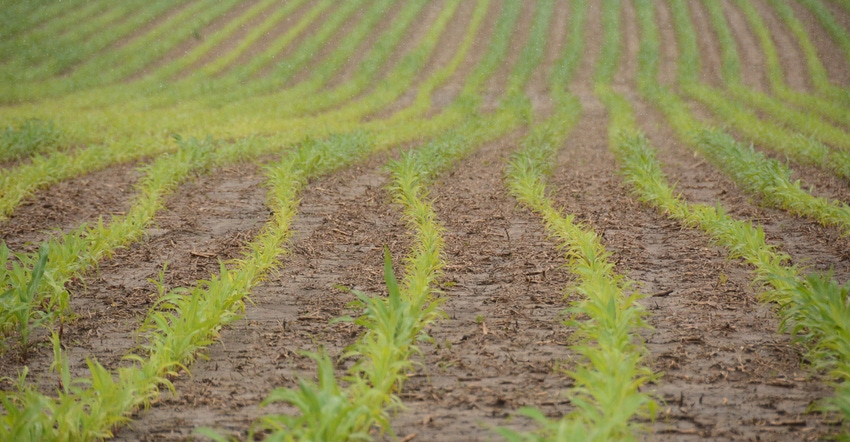
Josie Rudolphi says she’s tired of using the word “unprecedented” to describe the situation wrought by COVID-19. But that’s what it is, says the assistant professor of ag safety and health at University of Illinois and former farm kid.
“In agriculture, we’re accustomed to rapid change — or we’re told we should be,” she says. But the essence of unprecedented means we don’t know what will happen next, and that’s the truly challenging part. In a natural disaster or a drought or a normal market swing, we have lived experiences that suggest what the outcome might be, Rudolphi says.
Related: Complete coronavirus coverage
“With COVID-19, we just don’t know,” she says. And that’s a leading cause of stress.
“COVID-19 is impacting every single ag sector in one way or another, and we don’t see that in a natural disaster or a single commodity change in price,” she describes. Couple that with rain that keeps falling in some areas and hampering planting nearly as drastically as 2019, and you have a recipe for real mental health struggles.
The upside? Everyone is trying to provide support and resources for farmers. Rudolphi says there are ways to deal with adversity and stress successfully, and offers up these four A’s for coping with stress:
1. Avoid. Avoiding stress is the best coping method, if it’s possible. Plan ahead to detour around it, or change your expectations.
Ask yourself: What causes me stress, and how can I avoid it?
2. Accept. Accepting that situations are out of your control frees up energy so you can focus on what you can control. Accept the emotions and feelings you experience. Rudolphi says farmers have a lot outside of their control that they might feel a burden to carry anyway, such as markets, weather, results of COVID-19. “We can’t control any of this. Nobody asked for any of this. When you realize you can’t fight it, it frees up energy,” she says.
Ask yourself: Am I able to control this?
3. Adapt. Adapting may include changing expectations. In extreme stress, don’t let perfect get in the way of good. Rudolphi says there are situations on the farm where striving for perfection makes the situation harder. Instead, reframe your thoughts and don’t get into a negative thought spiral about what you could’ve or should’ve done better. Reframe and look for the silver lining.
“Reframing is a strategy used to change the way we see a situation,” she explains. “One gentleman told me how he learned to use Facetime to see his grandchildren. COVID-19 is not ideal, but he learned to use Facetime, and even after this, he says he can use it to see them every day if he wants to.”
Ask yourself: How can I adapt to situations that have resulted from COVID-19?
4. Alleviate. Some strategies are healthier than others. Substance abuse, binge drinking and binge eating are not healthy strategies. Hobbies, exercise, relaxation and diversion (TV, for example) are healthy ones. “If you’re having an extremely difficult time, consider what would improve your mood, and whatever that is, assuming it’s healthy and legal, is something you should try to do,” Rudolphi says.
Ask yourself: What can improve my mood right now?
Read more about:
Covid 19About the Author(s)
You May Also Like






